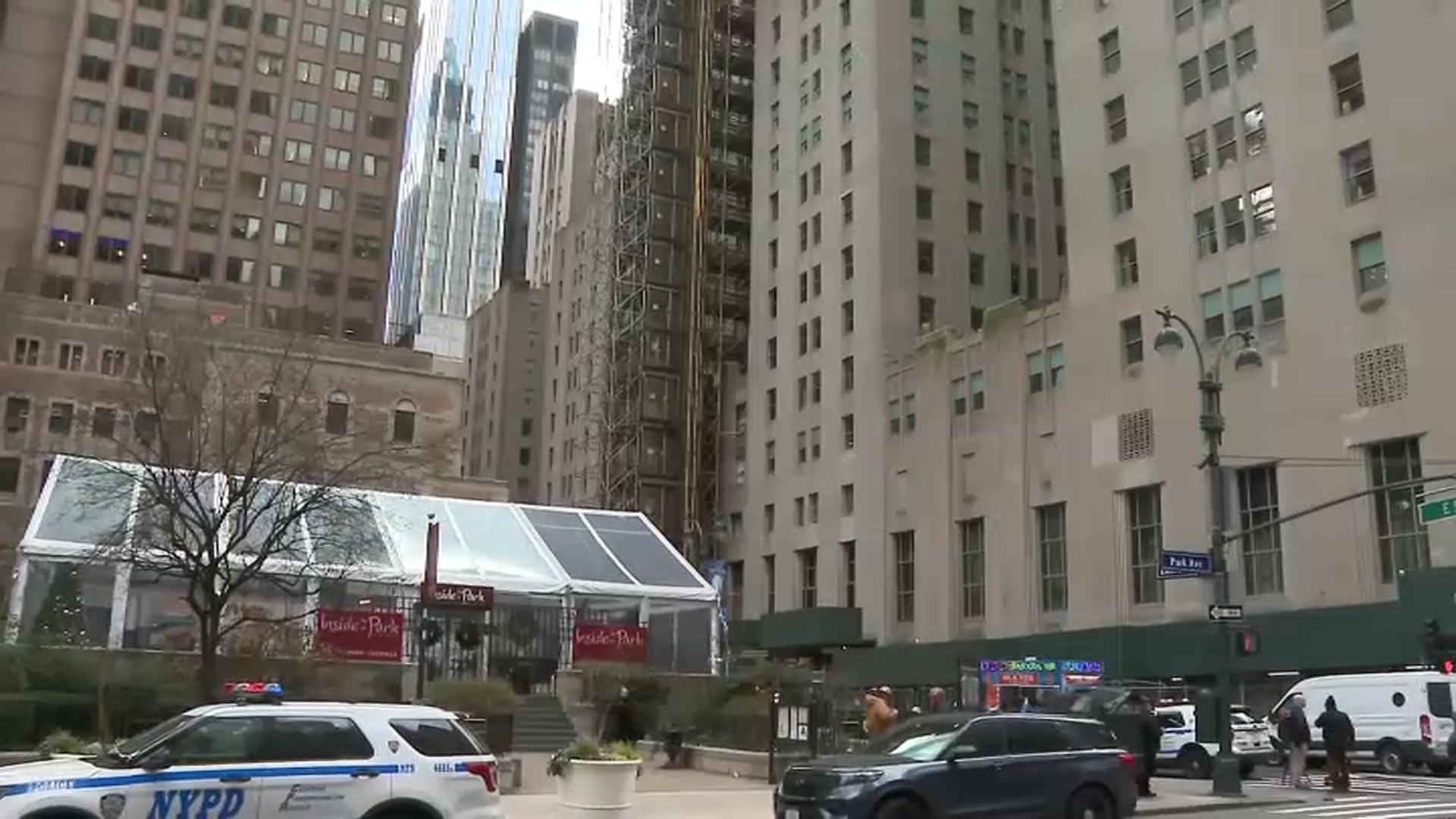So now Columbia University has suffered a major defeat in its effort to get parts of a 12-acre area in upper Manhattan to establish a satellite campus.
The Ivy-league university had tried to use the power of eminent domain to get its way -- but a major appeals court has struck down what it called Columbia’s “scheme.”
Columbia’s defeat may turn out to be an historic victory for little people who try to hang on to their properties against powerful interests. The use of eminent domain can threaten many of us.
The Appellate Division of State Supreme court ruled that the condemnation procedure, in which Columbia tried to take Manhattanville property for the expansion project, was unconstitutional.
The appeals court spoke out angrily, referring to how the "scheme was hatched," calling the effort “sophistry” and “idiocy.”
The ruling denounced the state for declaring the neighborhood involved blighted. The university controls most of the land needed for its planned $6.3 billion expansion --and says it will appeal the decision.
But, at least for now, it’s a great victory for the owner of several self-storage warehouses and other possessors of properties who have refused to sell to Columbia. The court even charged that the Empire State Development Corporation tried to stack the deck in Columbia’s favor.
Local
The idea of stacking the deck should offend taxpayers, and make us thankful we have courts standing in the way of plundering landlords -- even if they say they’re acting in the cause of higher education
It’s likely that Columbia will appeal now to the highest court in the state, the Court of Appeals. That body recently ruled in favor of the Atlantic Yards project, in which a new Brooklyn home is being built for the New Jersey Nets.
Eminent domain -- when government takes over private property allegedly to promote the "public good" -- is a most controversial procedure. In recent years, government has used it more and more.
In the Columbia case, Norman Siegel, a lawyer for the owners who held out against the university, says the decision “sets forth a road map for how private property owners can fight back when government tries to seize your property in the name of eminent domain.”
But a spokesman for the state said the court decision was “wrong and inconsistent with established law.”
So, in plain language, can eminent domain be used, not to promote the public good, but to cause public harm? Most assuredly, yes. This concept can be manipulated to hurt people, in the name of helping them!
That’s why the courts must act as a brake on arrogant government officials. As one writer noted in the NYTimes Magazine; “One man’s urban improvement is another man’s urban debacle.”
Eminent domain should be used sparingly, not to benefit private interests, but truly to serve the public good.
In this case the university said it wanted to clean up a “blighted” neighborhood. Some residents felt the blight was spreading to them, to their businesses, to their lives.
“Let the buyer beware!” is an old saying meant to encourage people to be careful about their purchases. We say, amid the increased us of eminent domain to take over private properties: Let the public beware!



